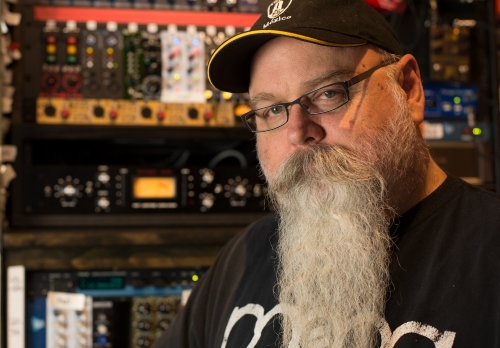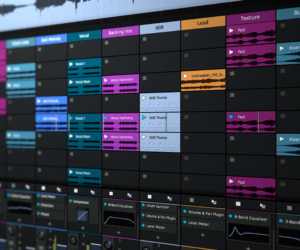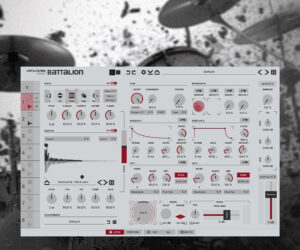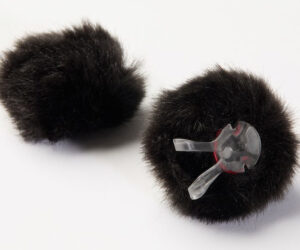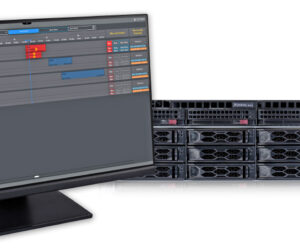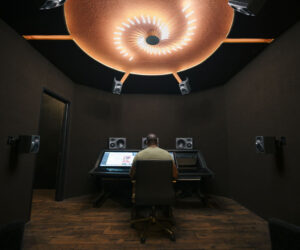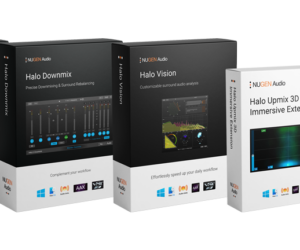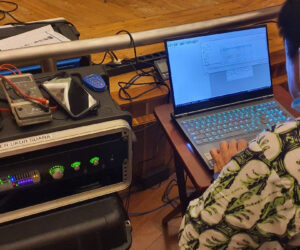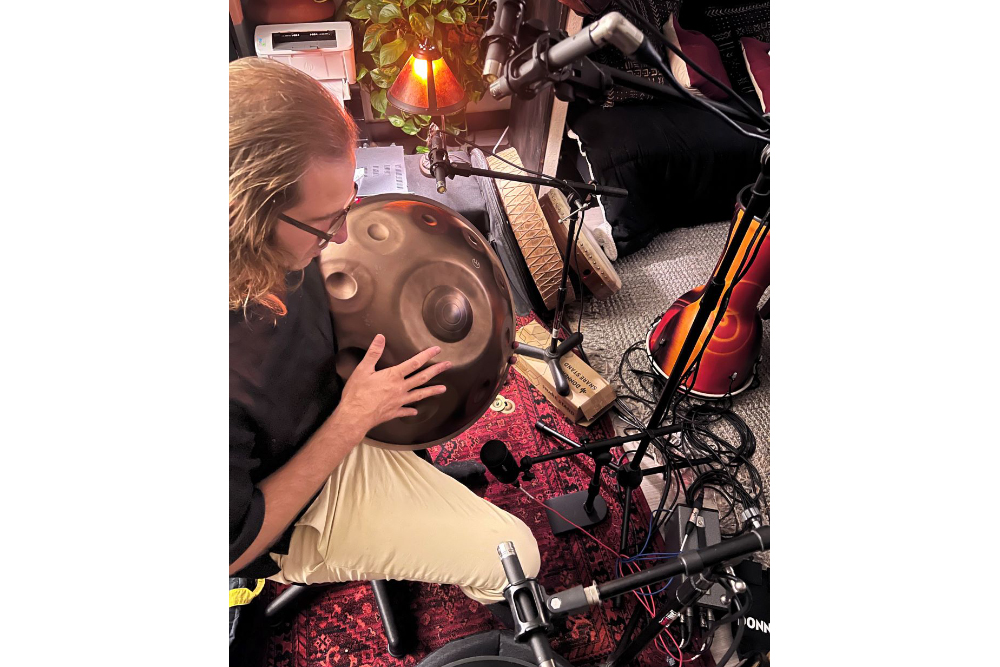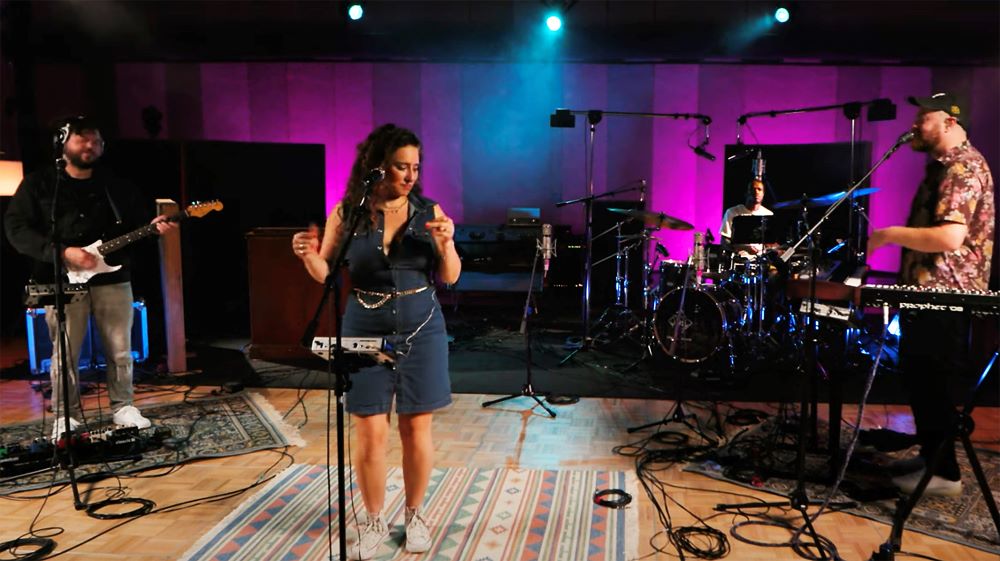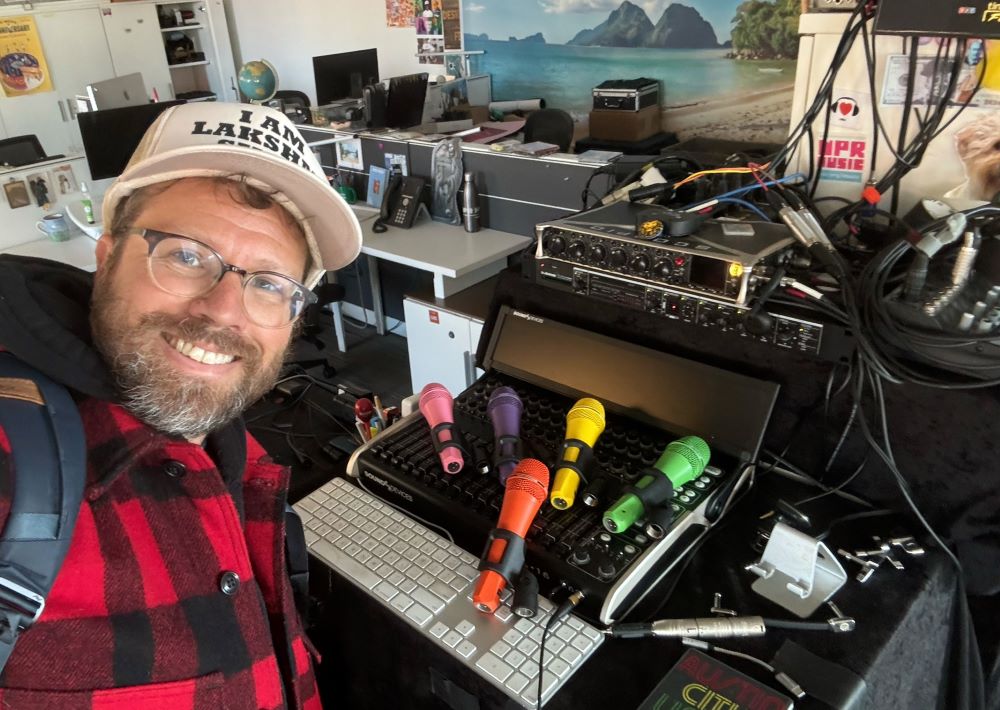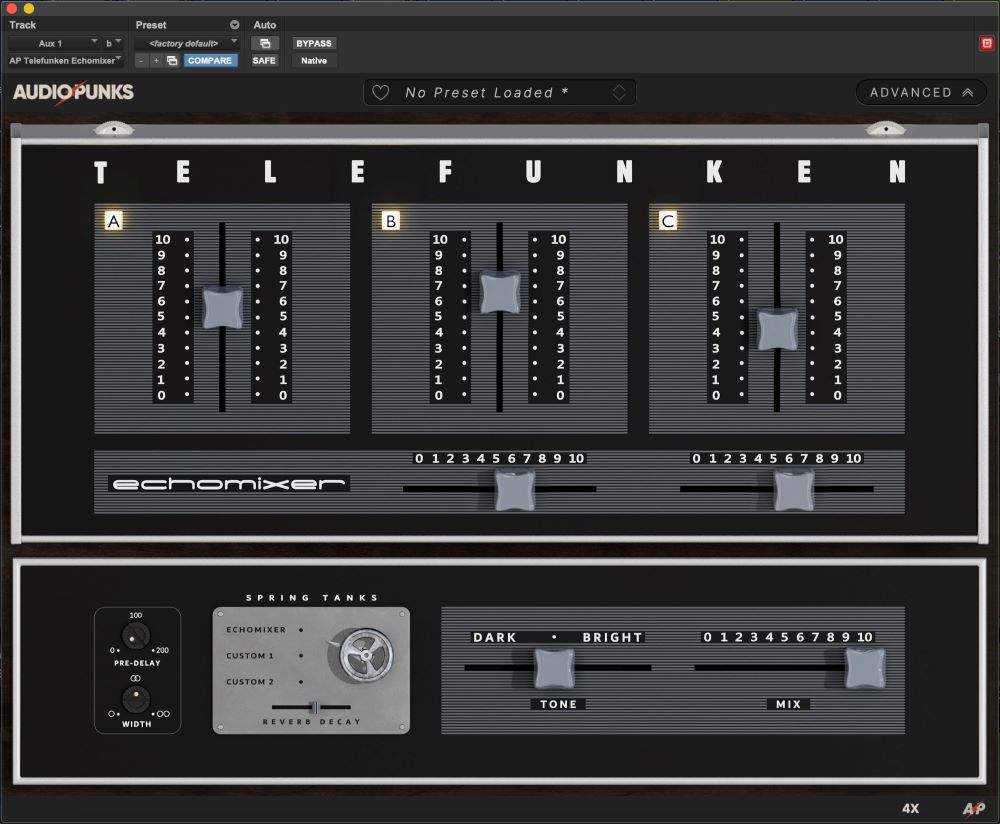With the 2018 Grammy Awards on the books, Vance Powell takes home two more trophies for a studio well-stocked with vintage and hand-built gear collected over the past four decades, including Powell’s beloved Manley Variable Mu compressor/limiter.
His most recent awards came from his work on Chris Stapleton’s From A Room: Volume 1, which won Best Country Album; and on the Best Gospel Album winner, CeCe Winans’ Let Them Fall in Love. The awards join Powell’s Grammys for Jars of Clay’s The Eleventh Hour, The Raconteurs’ Consolers of the Lonely (Best Engineered Album, Non Classical), Buddy Guy’s Living Proof, and Chris Stapleton’s Traveler.
Like most studio superheroes, Powell forged a career through sheer engineering talent, a knack for putting anyone at ease, and connecting with the right opportunities at the right time. The Joplin, Missouri native got his start in live sound nearly four decades ago, with long road stints with Tammy Wynette, Martina McBride, and Jars of Clay. His parallel life as a studio engineer began in 1986 at Joplin’s Massey Studios, filling in one night for an engineer who didn’t show up for work. Powell was handed the keys to the studio, and he never looked back.
In 2002, when John McBride was making plans to build Nashville’s Blackbird Studios, he tapped Powell to outfit the facility with its gear collection, and when the studio opened, Powell stayed on as chief engineer. There, his fast friendship with Jack White led to a creative partnership that saw Powell recording White’s solo projects and albums with The Raconteurs, the Dead Weather, and numerous projects with Third Man Records.
In 2006 Powell joined producer Mitch Dane at Sputnik Sound, which has hosted the likes of Jack White, Arctic Monkeys, Clutch, and Seasick Steve, and recently relocated to a three-suite recording complex down the street in Nashville’s vibrant Berry Hill neighborhood. Sputnik exudes a laid-back vibe that’s conducive to creativity; it’s a happy home for artists to get comfortable and make great music, with space to write, listen to music, or just hang.
Powell, who spends half of his time tracking and half mixing-and always records bands live-follows a straightforward philosophy for choosing processors: He knows what he likes, and seeks a tone that best contributes to the musicality of the track. “I don’t try a lot of gear,” he explains. “I don’t own a lot of what I would call new boutique gear. I have things that I know that are gonna work for me.”
That said, he welcomes happy accidents in the studio-and has found surprising versatility in the Variable Mu. “I was using Vari Mu as a parallel drum bus compressor for a while because I was using another compressor and it just wasn’t working right. I tried the Vari-Mu on it, and it was perfect. Sometimes you have to try different things.”
Powell appreciates the Variable Mu’s versatility, reaching for it often when he’s recording Americana, bluegrass, and other acoustic music. “I use it mostly on tracking on things with what I call really fast transients: overhead, cymbals,” he explains, adding that he’ll sometimes add it to piano in a mix, and uses it on his 2-bus often, especially on acoustic mixes. “It just puts a really beautiful, very tube-y sheen on things. I love it for that.”
On occasion, if Powell is sent digital-sounding tracks to mix, he’ll fire up the Variable Mu to warm them up a bit. “The Vari Mu will change those transients a bit, and make it a little more enjoyable for me, more analog of sorts.”
Powell suspects that people might be surprised to learn how much he loves his Variable Mu. “I think a lot of people don’t think of it as being this sort of aggressive thing that a guy like me would use. But I love it. It’s fantastic.”
He sums up the Variable Mu in three words: “Big, beautiful, and awesome.”


